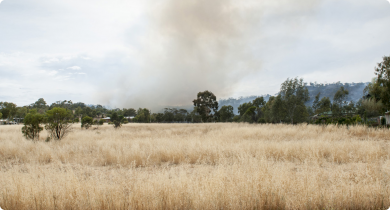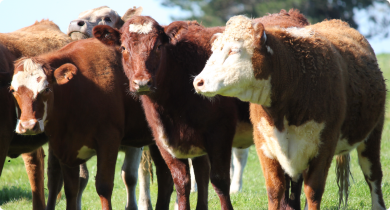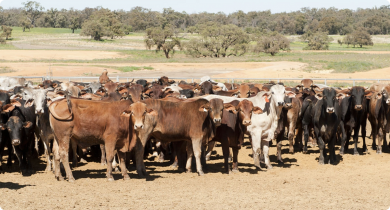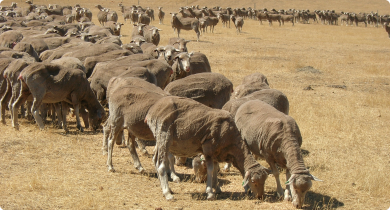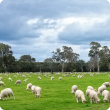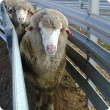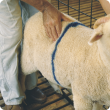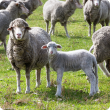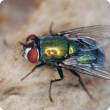Livestock & animals
The Department of Primary Industries and Regional Development supply chain support, research and development and rigorous biosecurity systems underpin the economic success of Western Australia’s livestock industries. In 2011/12, the WA livestock industries contributed 26% of the state’s agriculture, fisheries and forestry production, worth approximately $2 billion at the farm gate.
WA is a world leader in live exports, super fine wool production and dryland sheep and grain systems. Both cattle and sheep systems are focused on export markets to Asia and the Middle East. WA also has innovative, world-class integrated dairy and pork industries meeting local and South East Asian demand for safe, fresh milk and pork. The WA poultry industry is growing strongly as a result of increasing domestic consumption.
Global demand for high-quality, safe animal protein and products produced according to high animal welfare standards will continue to rise in coming years. Increasingly DAFWA will partner with industry -- locally, nationally and internationally -- in transformational business projects to capitalise on this demand.
Filter by search
Filter by topic
- Livestock species (291) Apply Livestock species filter
- Livestock management (262) Apply Livestock management filter
- Sheep (180) Apply Sheep filter
- Biosecurity & quarantine (160) Apply Biosecurity & quarantine filter
- Pests, weeds & diseases (156) Apply Pests, weeds & diseases filter
- Biosecurity (144) Apply Biosecurity filter
- Livestock biosecurity (120) Apply Livestock biosecurity filter
- Diseases (115) Apply Diseases filter
- Livestock health & diseases (109) Apply Livestock health & diseases filter
- Climate, land & water (90) Apply Climate, land & water filter
- Livestock disease surveillance (90) Apply Livestock disease surveillance filter
- Crops (86) Apply Crops filter
- Management & reproduction (70) Apply Management & reproduction filter
- Feeding & nutrition (64) Apply Feeding & nutrition filter
- Beef cattle (62) Apply Beef cattle filter
- Dairy cattle (41) Apply Dairy cattle filter
- Animal welfare (41) Apply Animal welfare filter
- Land use (37) Apply Land use filter
- Pastures (34) Apply Pastures filter
- Livestock research & development (32) Apply Livestock research & development filter
- Pigs (28) Apply Pigs filter
- Emergency animal disease preparedness (28) Apply Emergency animal disease preparedness filter
- Climate & weather (28) Apply Climate & weather filter
- Livestock movement & identification (27) Apply Livestock movement & identification filter
- Rangelands (25) Apply Rangelands filter
- Livestock parasites (25) Apply Livestock parasites filter
- Food, export & investment (24) Apply Food, export & investment filter
- Control methods (20) Apply Control methods filter
- Poultry & birds (18) Apply Poultry & birds filter
- Pasture management (18) Apply Pasture management filter
- Goats (16) Apply Goats filter
- Climate change (16) Apply Climate change filter
- Soils (15) Apply Soils filter
- Resource assessment (15) Apply Resource assessment filter
- Pests (15) Apply Pests filter
- Genetics & selection (15) Apply Genetics & selection filter
- Grains (15) Apply Grains filter
- Horses (14) Apply Horses filter
- Chemicals (14) Apply Chemicals filter
- Bees (12) Apply Bees filter
- Stockfeed (12) Apply Stockfeed filter
- Emergency response (11) Apply Emergency response filter
- Horticulture (10) Apply Horticulture filter
- Agribusiness Food & Trade (10) Apply Agribusiness Food & Trade filter
- Agricultural exports (8) Apply Agricultural exports filter
- Invasive species (7) Apply Invasive species filter
- Food & beverages (7) Apply Food & beverages filter
- Managing soils (6) Apply Managing soils filter
- Camelids (6) Apply Camelids filter

